One of the goals of the National Program on Human Resource Development for the Semiconductor Industry to 2030, with a vision to 2050, is to train at least 50,000 personnel with university degrees or higher.
According to Professor Usagawa Tsuyoshi, special advisor to the President of Vietnam-Japan University, “this number is not impossible.”
Citing a survey by the Japanese government and an assessment of the Vietnamese market – where economic growth is high and many companies are promoting the opening of factories, the professor commented that the demand for semiconductor human resources in the country is very large. To meet the demand, educational and training establishments nationwide must participate.
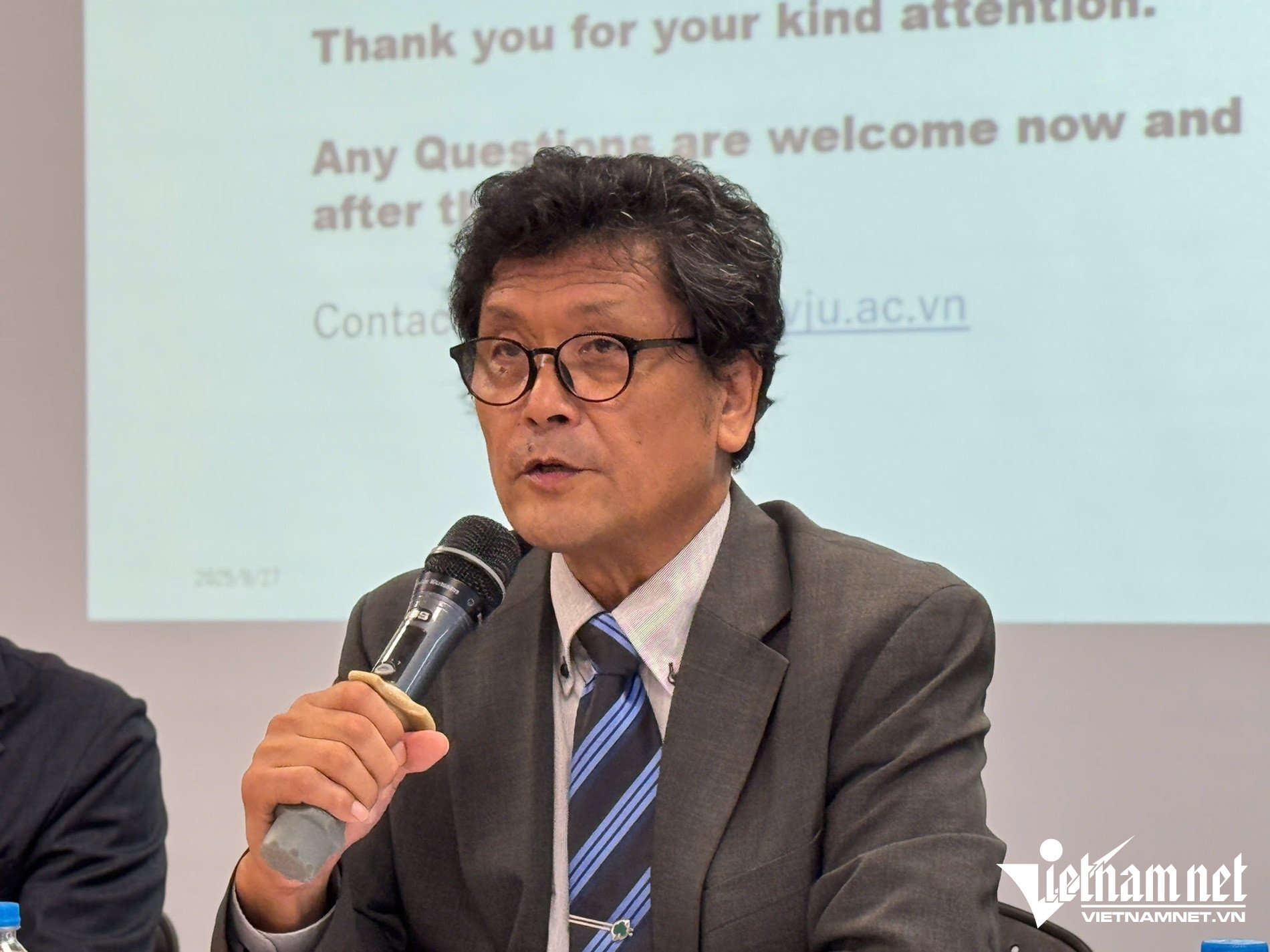
Mr. Usagawa Tsuyoshi also assessed the potential for training semiconductor human resources in Vietnam as “very high”. “I think Vietnam has done well in the design stage and the packaging and testing stage of the semiconductor industry,” he said. “This means that higher education institutions in Vietnam are capable of providing human resources at the current technological level.”
However, he pointed out one challenge, which is that technology is evolving extremely quickly, requiring all facilities to upgrade to adapt.
In addition, it is necessary to prepare for future needs to improve related fields such as artificial intelligence and data science .
From his experience at Kumamoto University (Japan), the professor said that the semiconductor industry requires multidisciplinary knowledge and skills, and requires a combination of programs and cooperation between schools, businesses, and research institutes.
Regarding the coordination between the three parties, the state - school - business, he shared that thanks to the regulations of the Japanese Government, in 2004, Kumamoto University became an independent legal entity, given greater autonomy.
Since then, cooperation with private enterprises has also been smooth, helping the school to have revenue from intellectual property to circulate, offset training costs and improve students' capacity.
According to the Professor, Vietnam is also in the process of transforming and empowering universities more, opening up better cooperation mechanisms with private enterprises.
Previously, at an innovation conference, Ms. Mariam J. Sherman, Director of the World Bank, also mentioned human resources as a pillar in developing strategic technology industries such as semiconductors.
Vietnam needs larger and better talent training systems, needs to invest in higher education institutions to improve the quantity and quality of training, empower lecturers and students to conduct research and accumulate practical experience.
In Vietnam, by 2025, there will be 7 universities enrolling students in semiconductor majors, of which Vietnam-Japan University has completed 100 targets for Semiconductor Chip Engineering Technology in the first year of enrollment. This group of students will graduate in 2030.
Together with other engineering students transferring, the school is expected to supply the market with up to 400 high-quality semiconductor personnel.
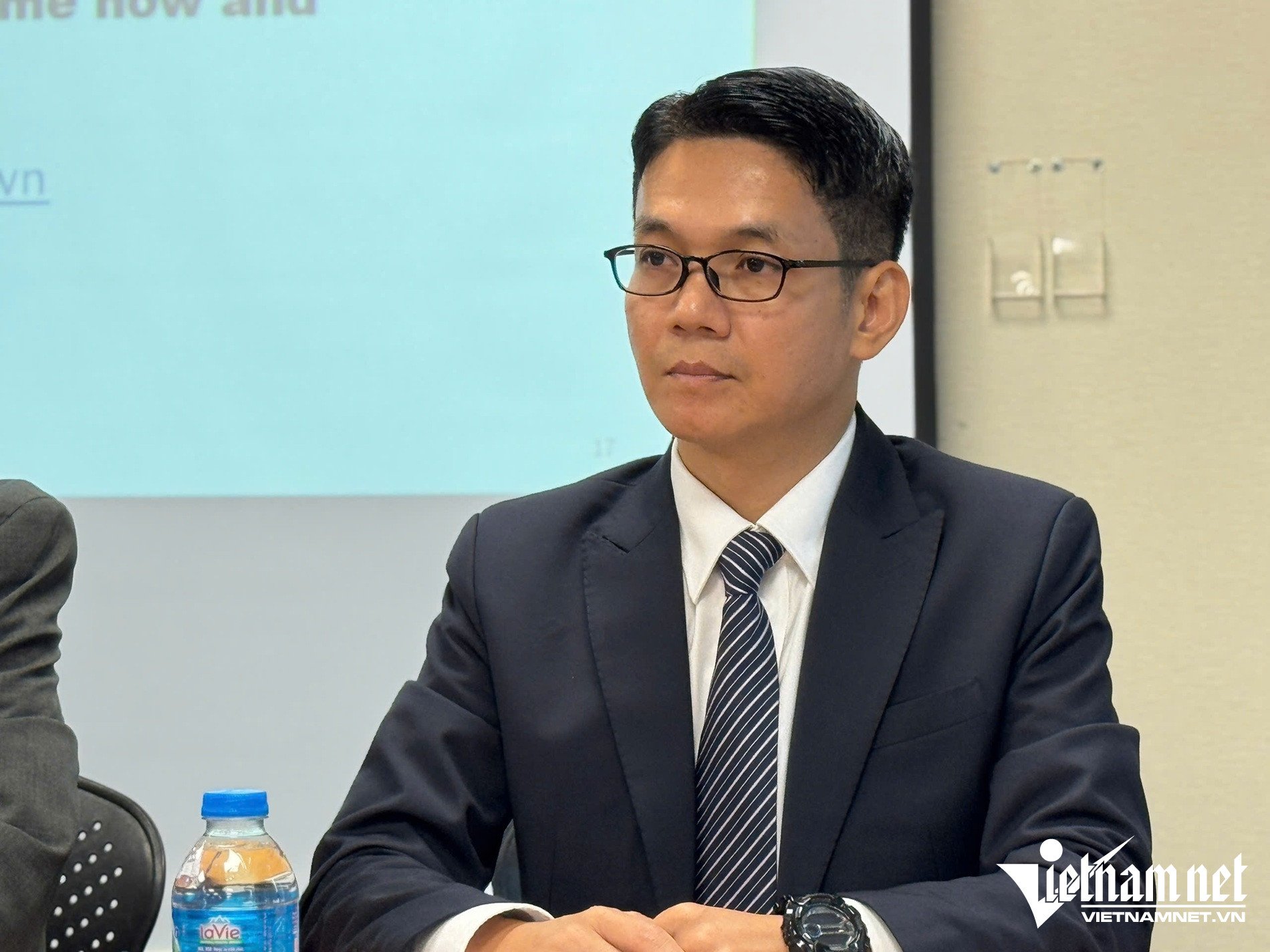
Associate Professor Dr. Bui Nguyen Quoc Trinh (Vietnam - Japan University) said this is the first direct training program in semiconductor engineering technology in Vietnam.
After the first two years of learning basic knowledge, from the third year, students begin to study specialized fields such as semiconductor IC design, packaging technology, testing...
Three other programs related to semiconductor chips are Computer Science and Engineering, Intelligent Mechatronics and Japanese-style Manufacturing, Intelligent Control and Automation.
Professor Usagawa Tsuyoshi emphasized that the semiconductor industry is a highly competitive field and technology is developing rapidly. Therefore, he proposed 3 core skills that a future semiconductor engineer needs to have: Having an interest in some subjects such as Mathematics, Physics, Computer Science, Electronics; Having the ability to think logically to solve complex problems, without a single answer; Having a strong motivation to continue learning after graduation.
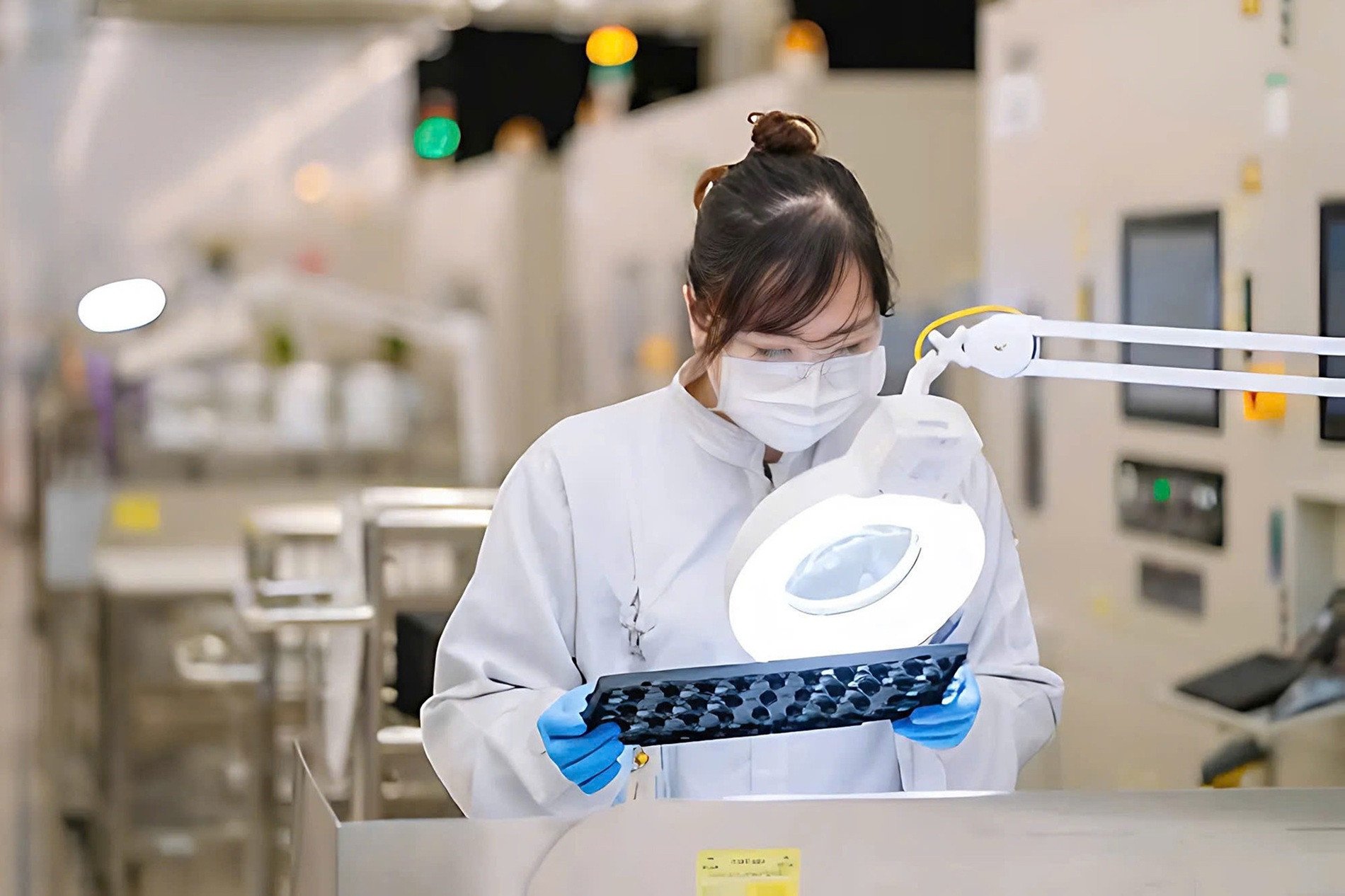
Source: https://vietnamnet.vn/giao-su-nhat-ban-noi-gi-ve-muc-tieu-dao-tao-50-000-ky-su-ban-dan-cua-viet-nam-2452755.html



![[Photo] Many dykes in Bac Ninh were eroded after the circulation of storm No. 11](https://vphoto.vietnam.vn/thumb/1200x675/vietnam/resource/IMAGE/2025/10/15/1760537802647_1-7384-jpg.webp)
![[Photo] Conference of the Government Party Committee Standing Committee and the National Assembly Party Committee Standing Committee on the 10th Session, 15th National Assembly](https://vphoto.vietnam.vn/thumb/1200x675/vietnam/resource/IMAGE/2025/10/15/1760543205375_dsc-7128-jpg.webp)
![[Photo] General Secretary To Lam attends the 18th Hanoi Party Congress, term 2025-2030](https://vphoto.vietnam.vn/thumb/1200x675/vietnam/resource/IMAGE/2025/10/16/1760581023342_cover-0367-jpg.webp)







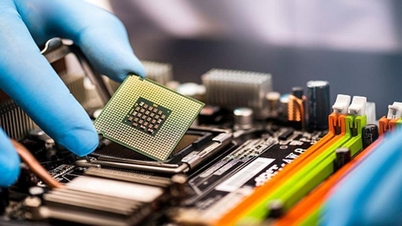

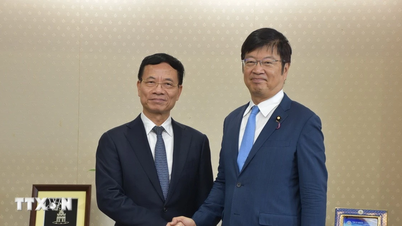

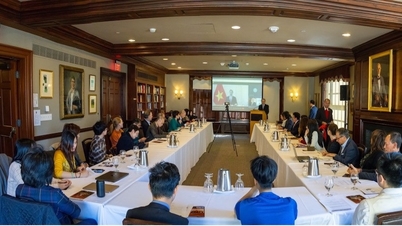

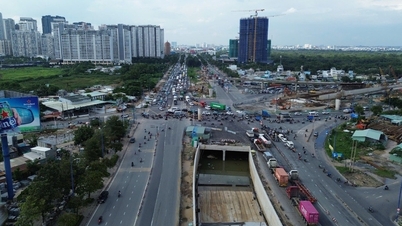

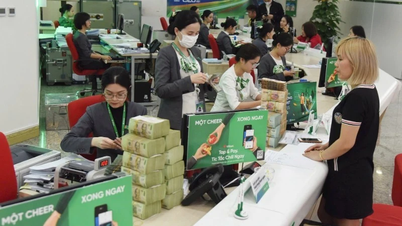









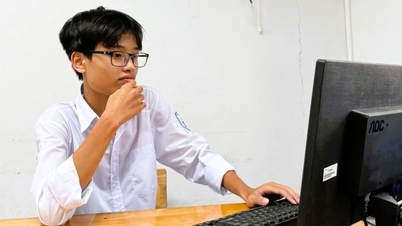





![[Video] TripAdvisor honors many famous attractions of Ninh Binh](https://vphoto.vietnam.vn/thumb/402x226/vietnam/resource/IMAGE/2025/10/16/1760574721908_vinh-danh-ninh-binh-7368-jpg.webp)



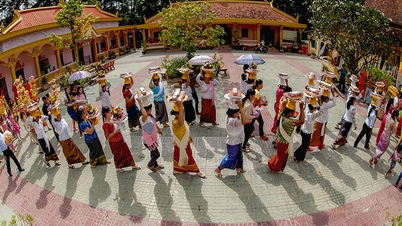

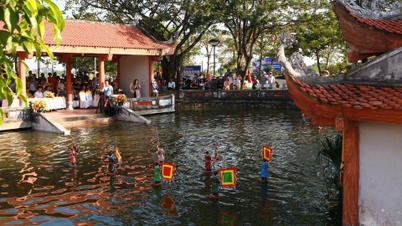





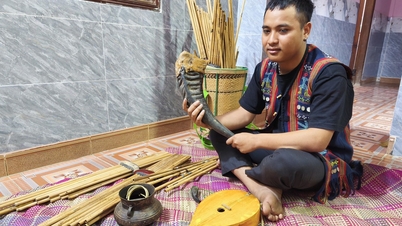
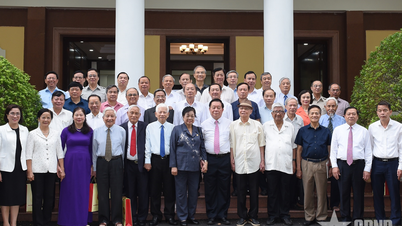

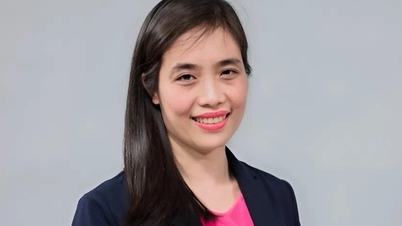


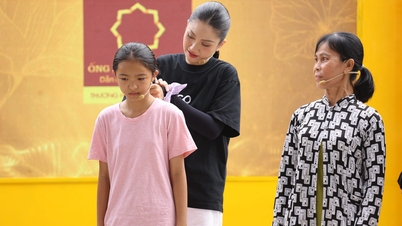
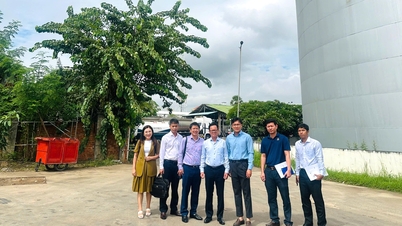
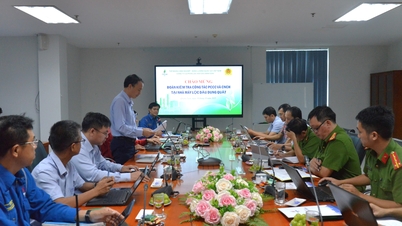

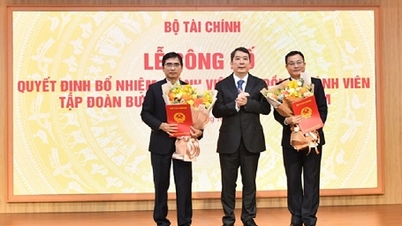






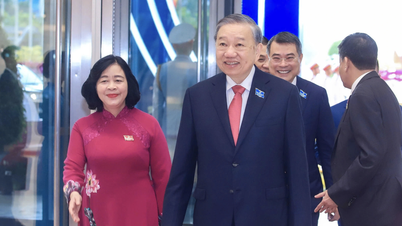

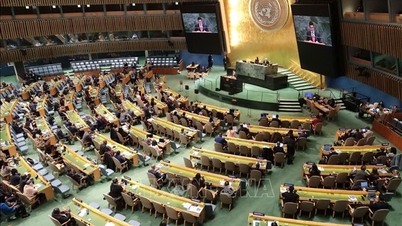
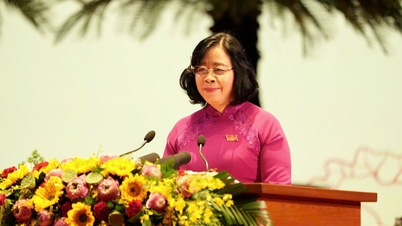


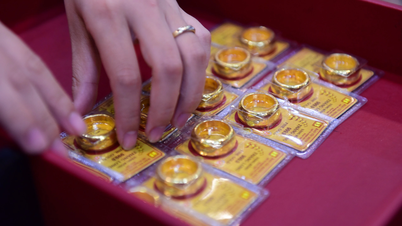
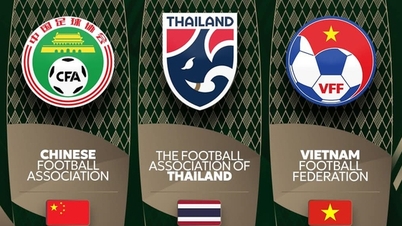

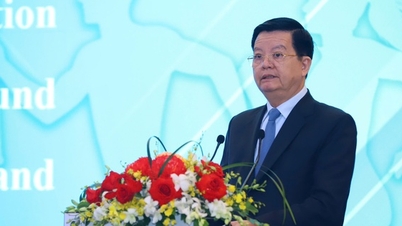
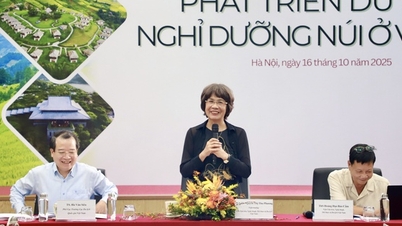
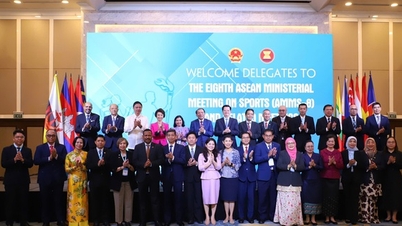
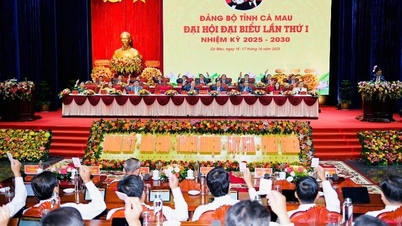
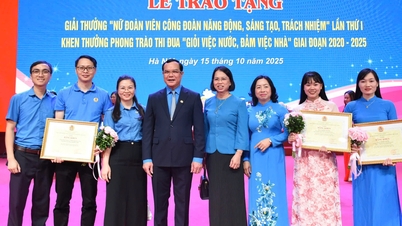

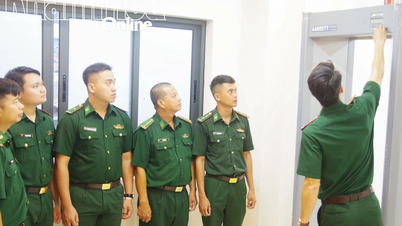

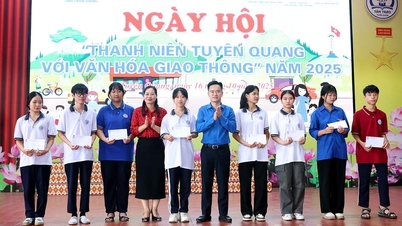



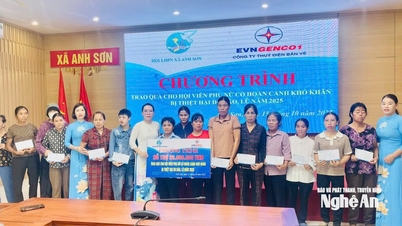

















Comment (0)